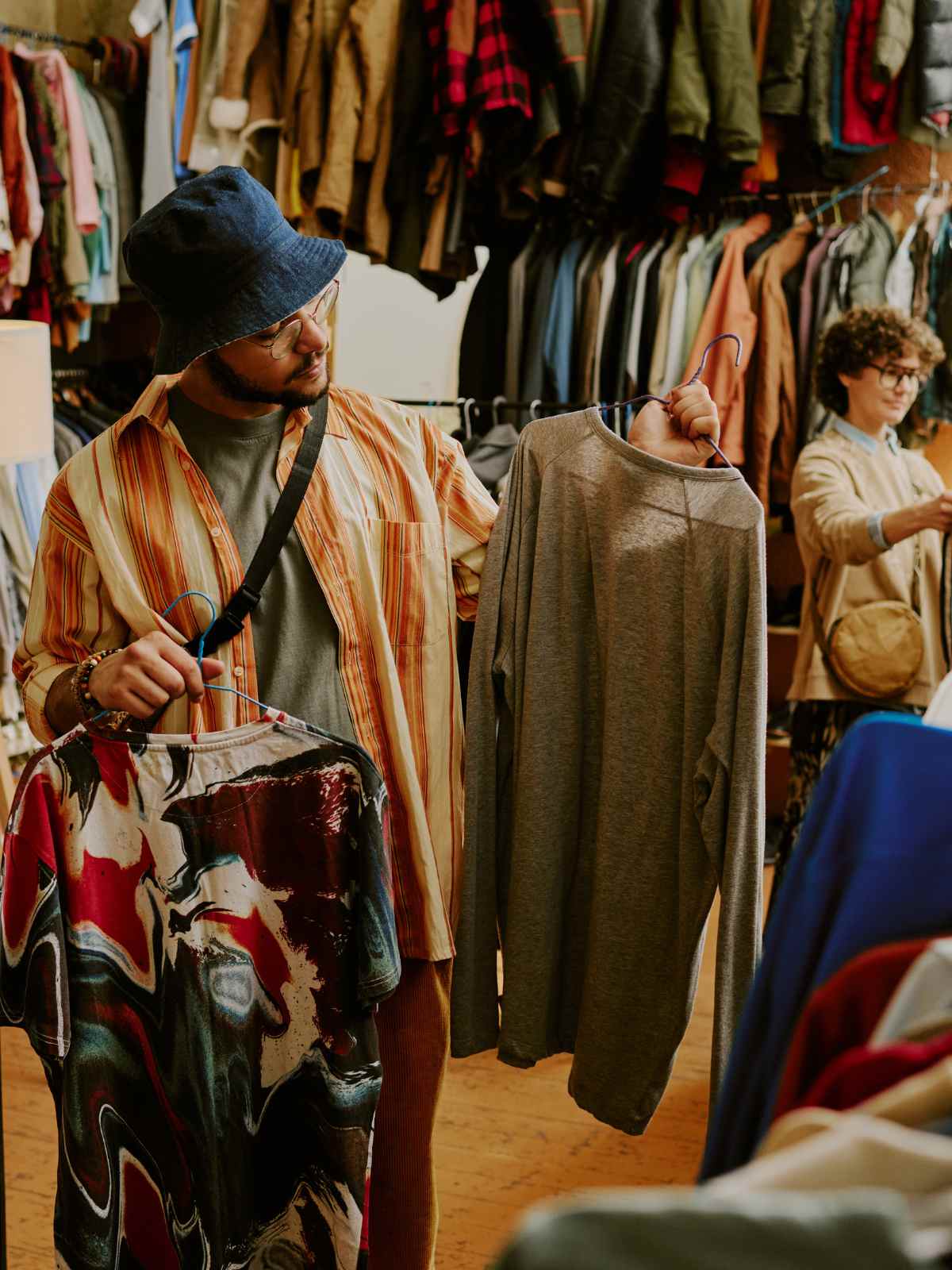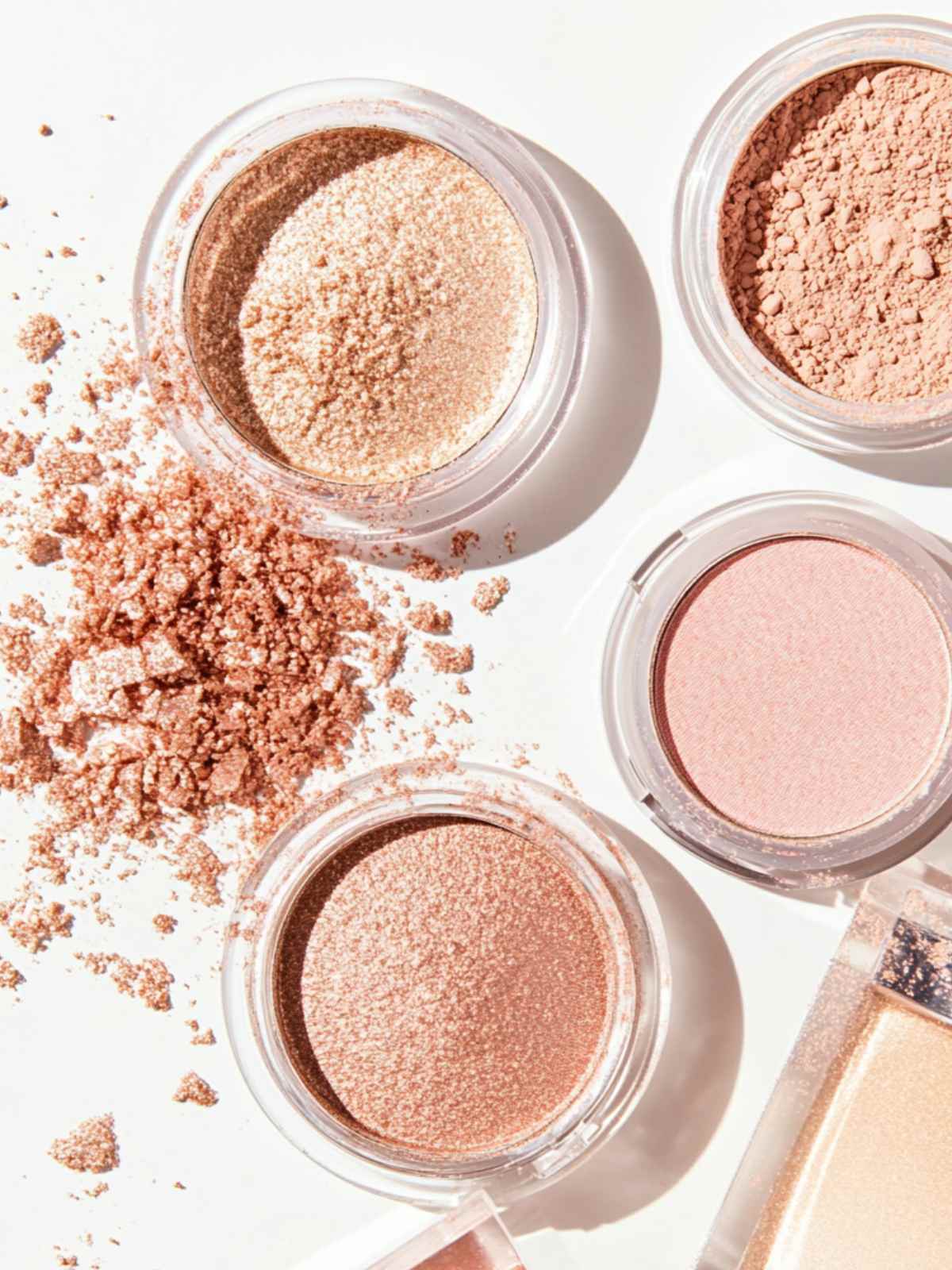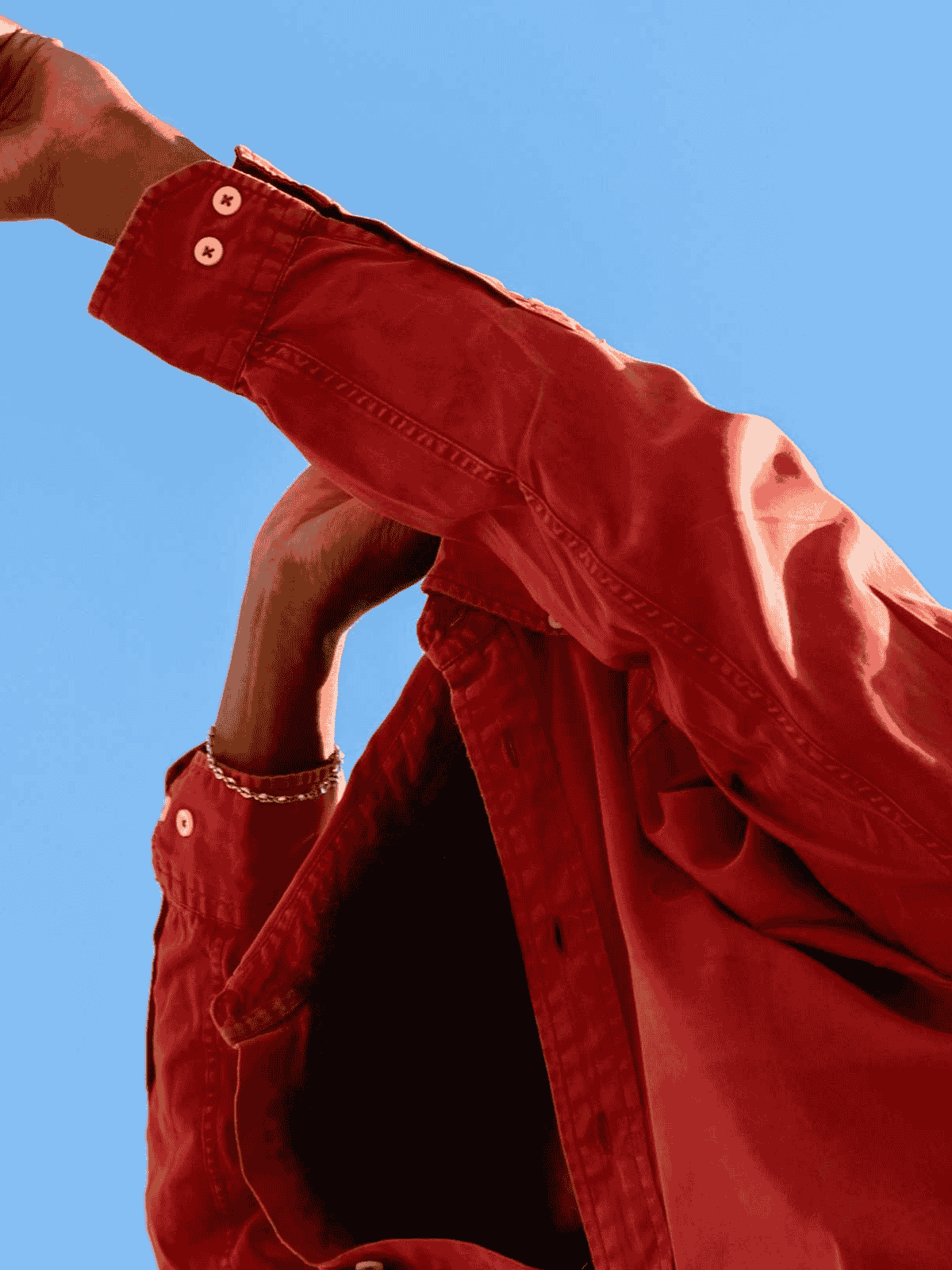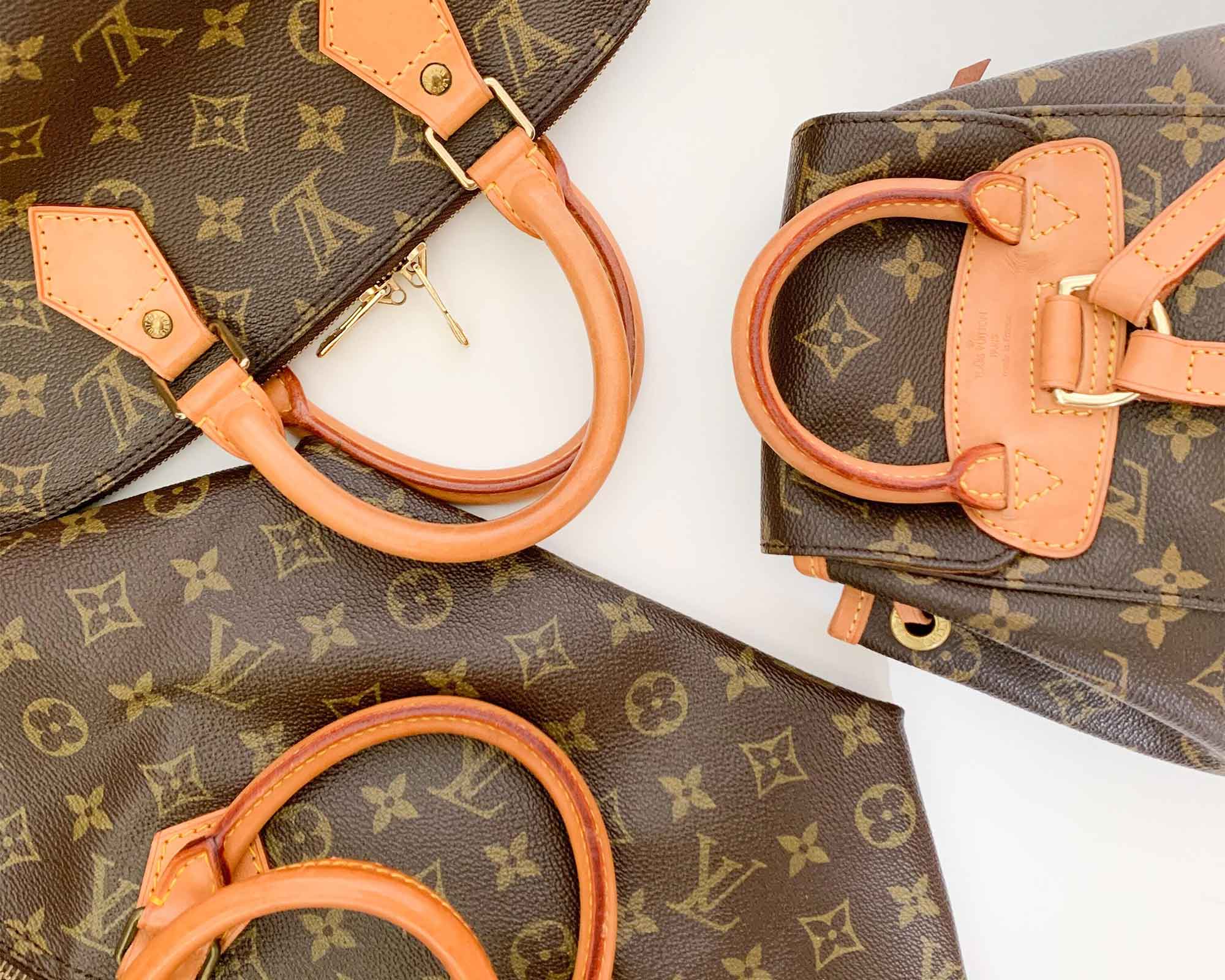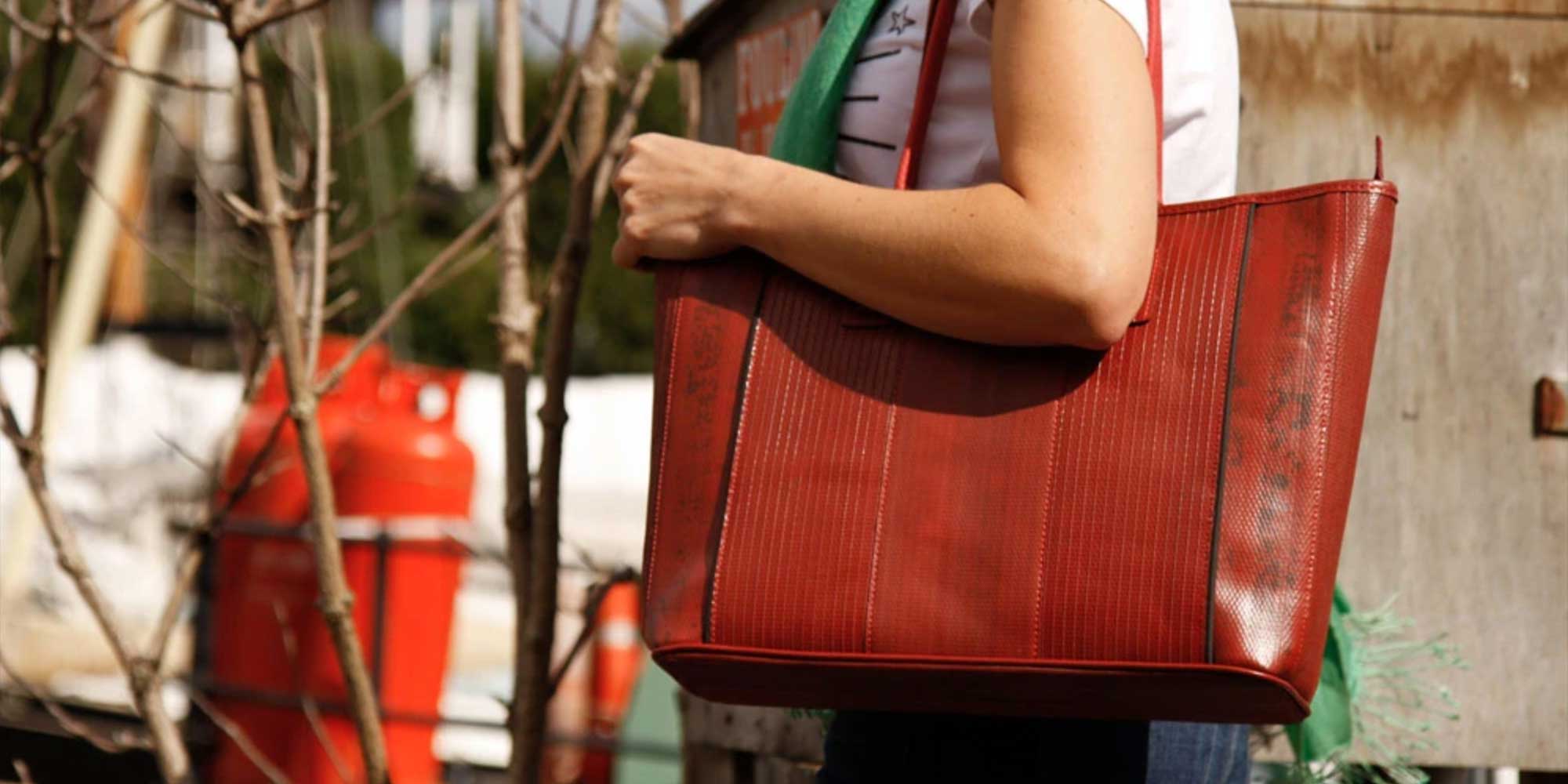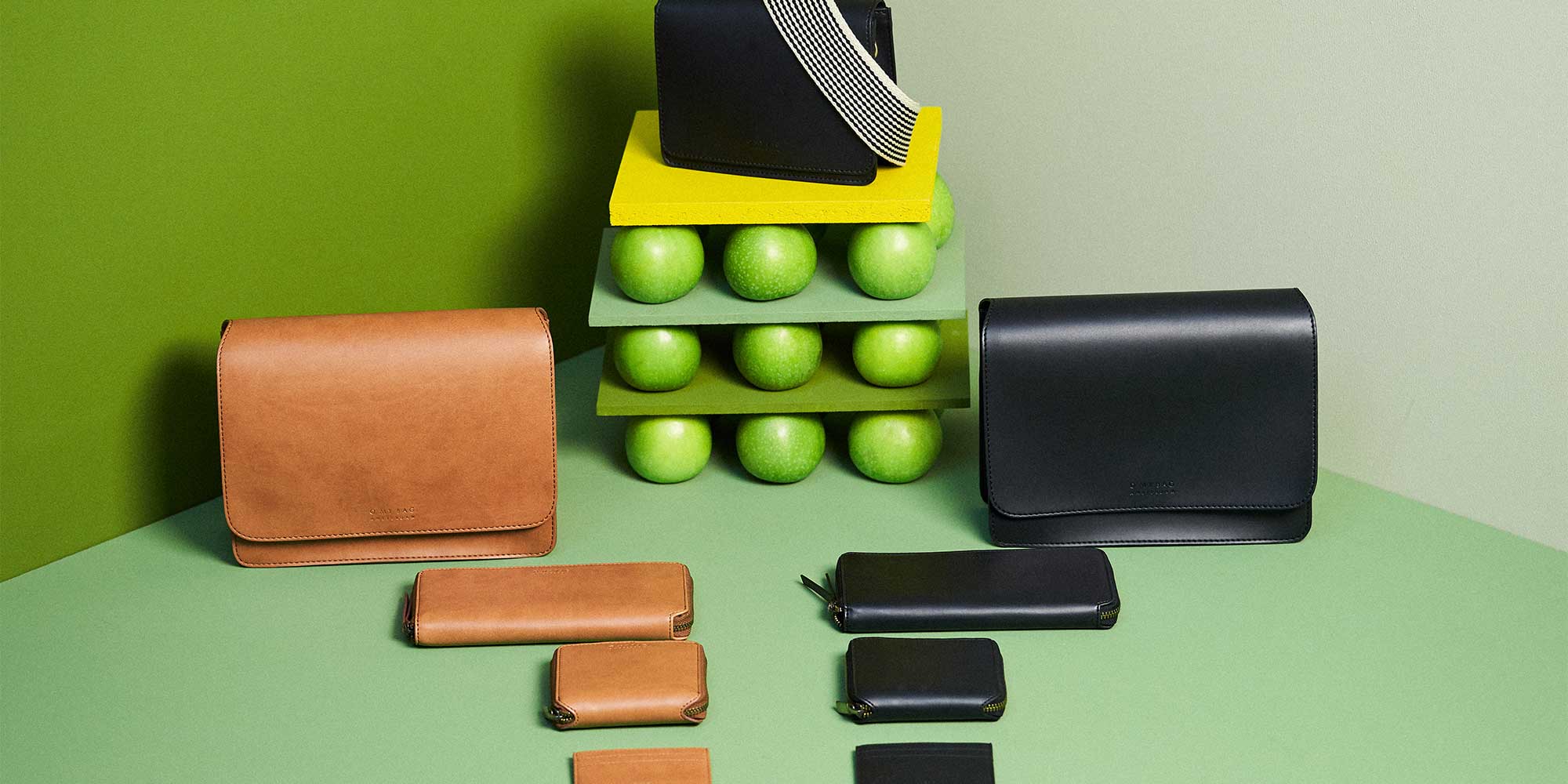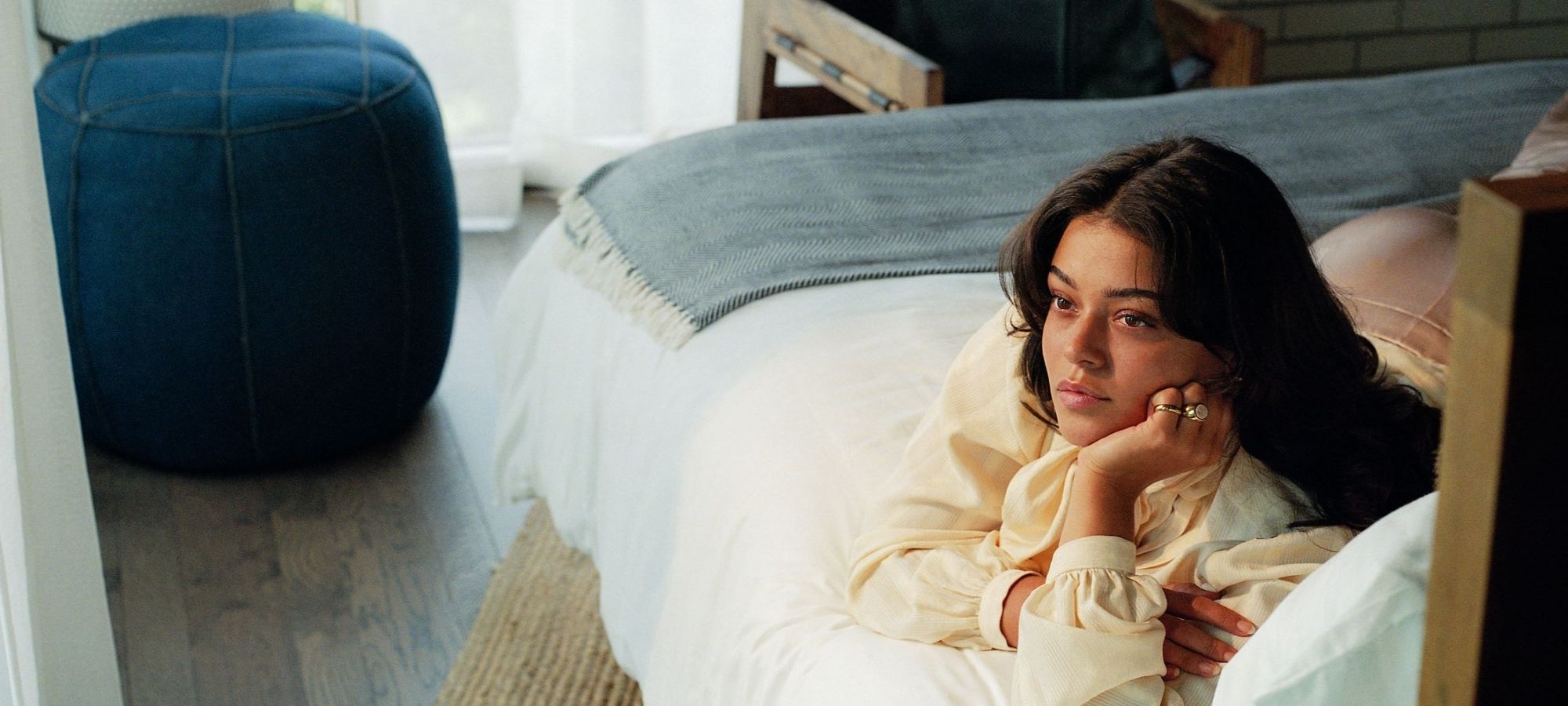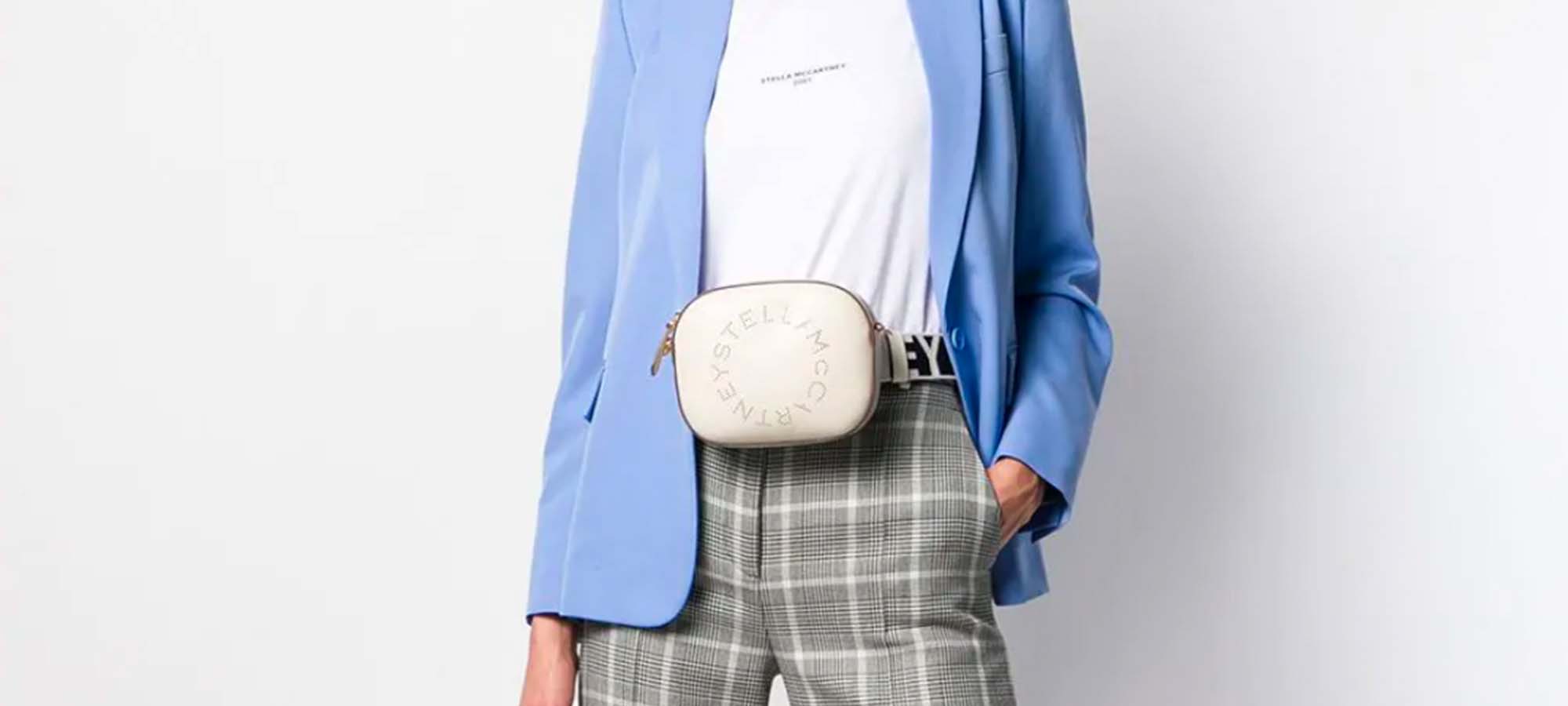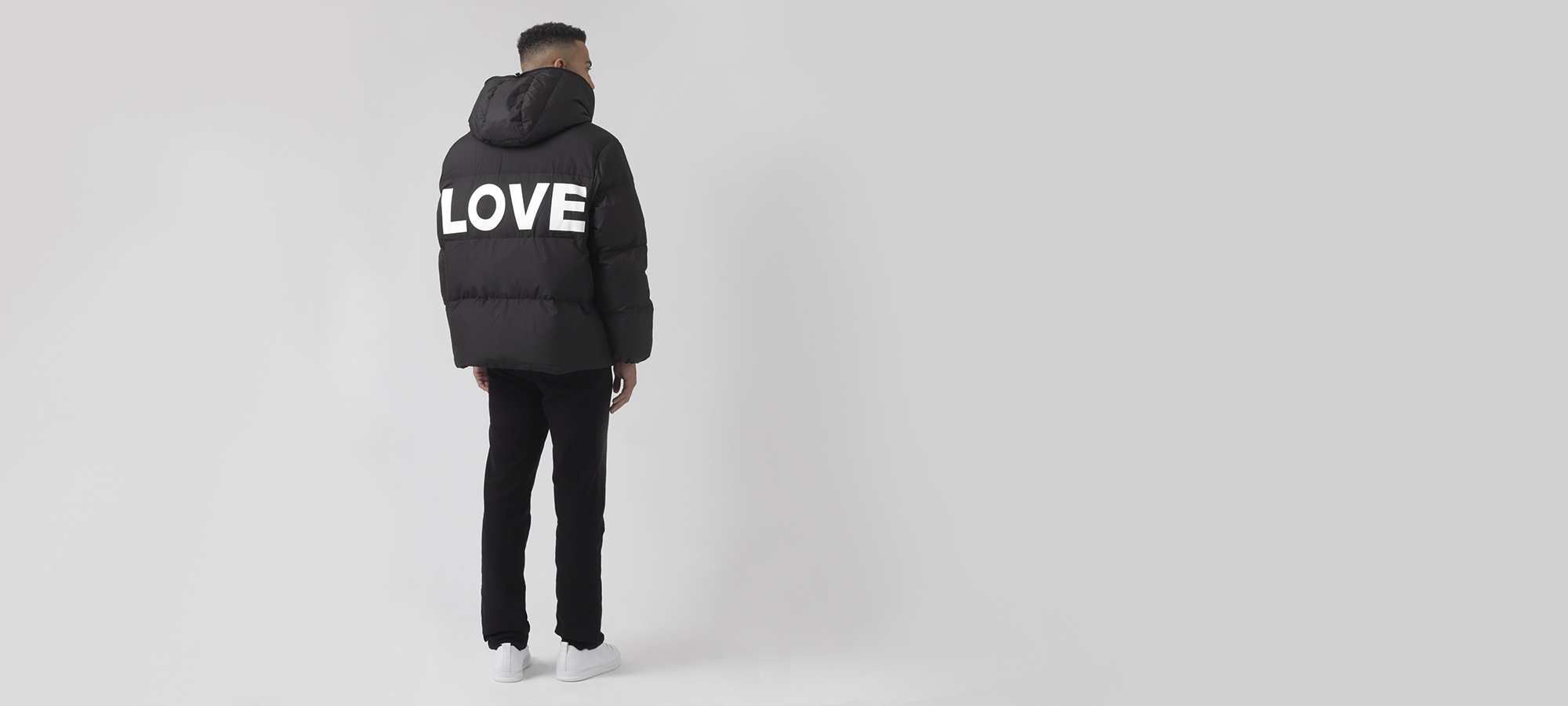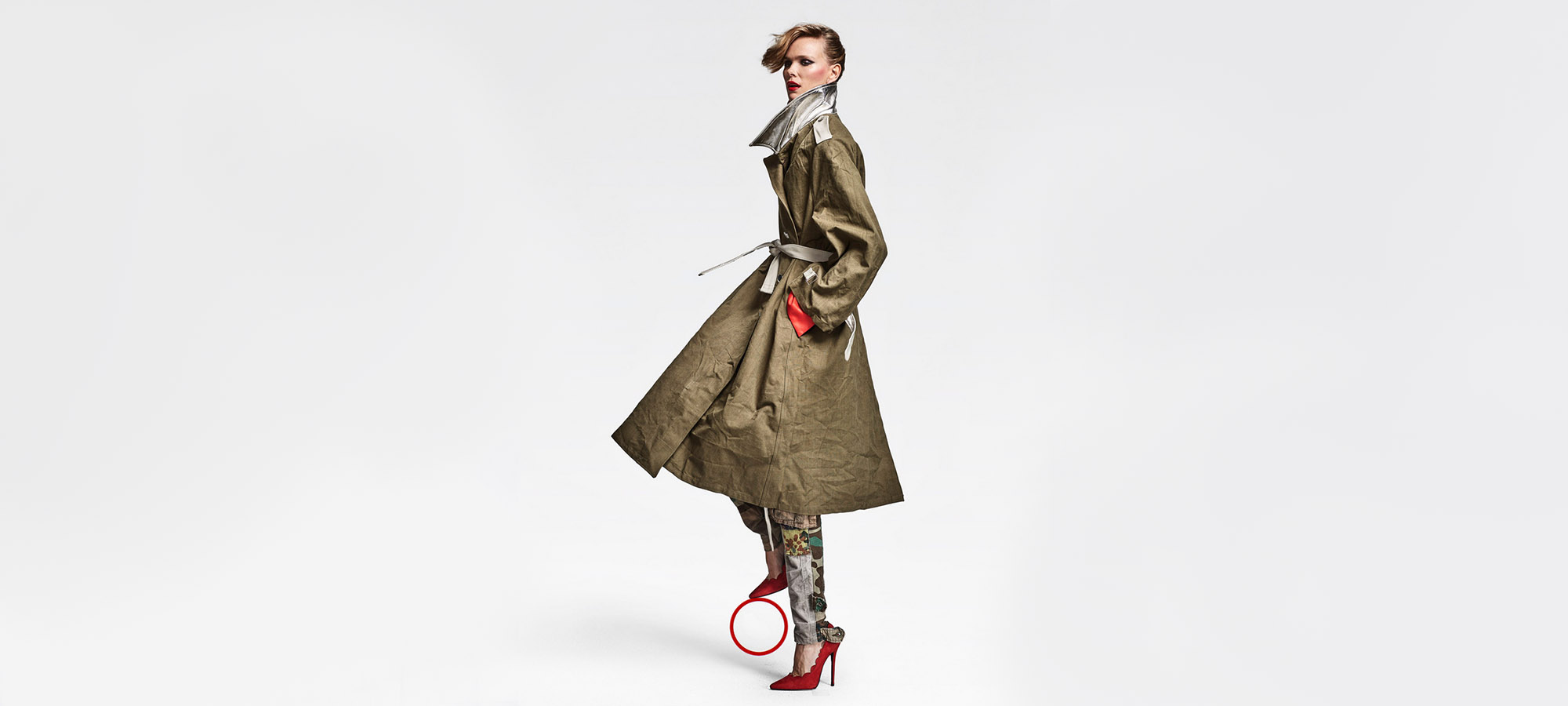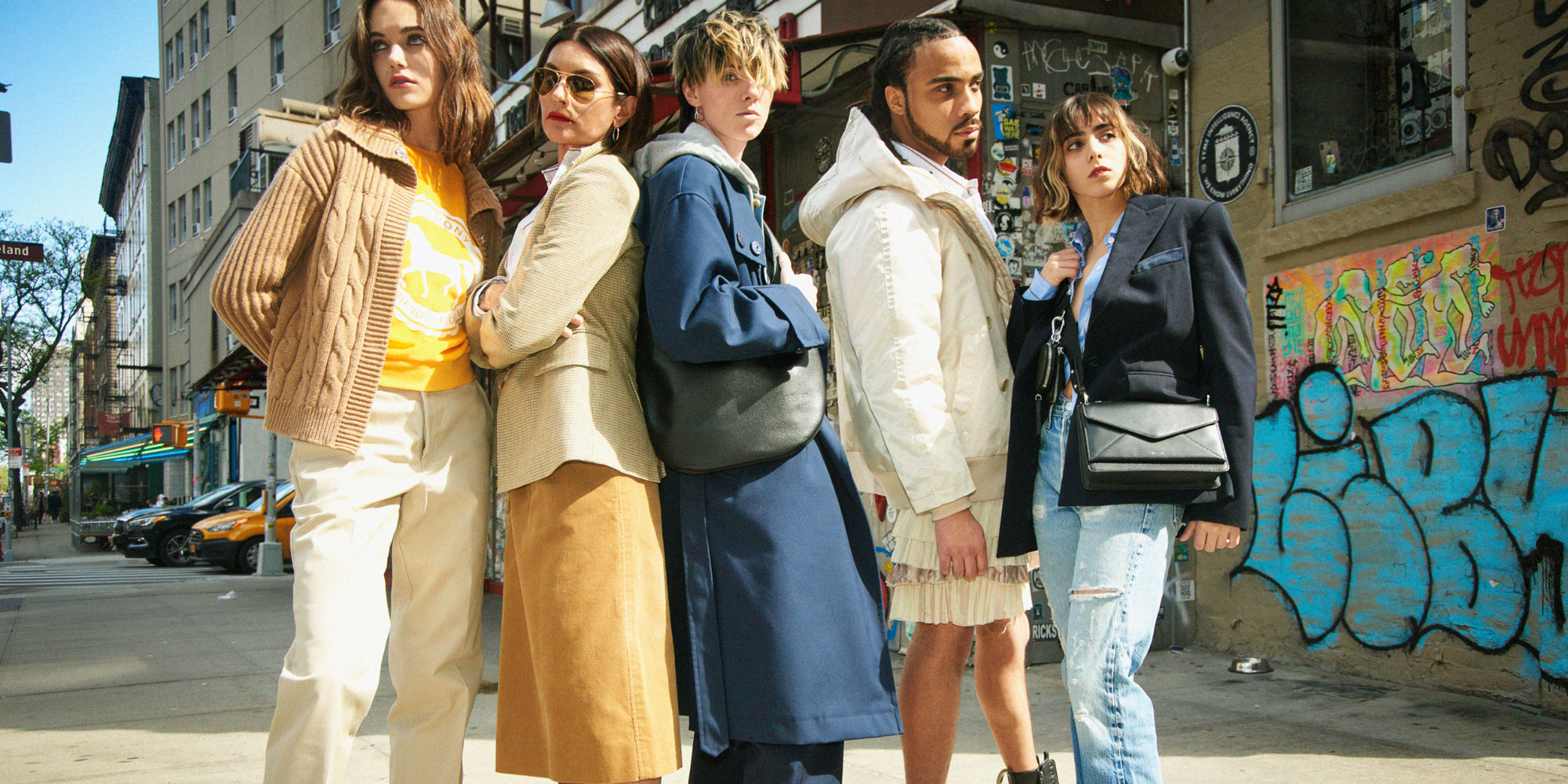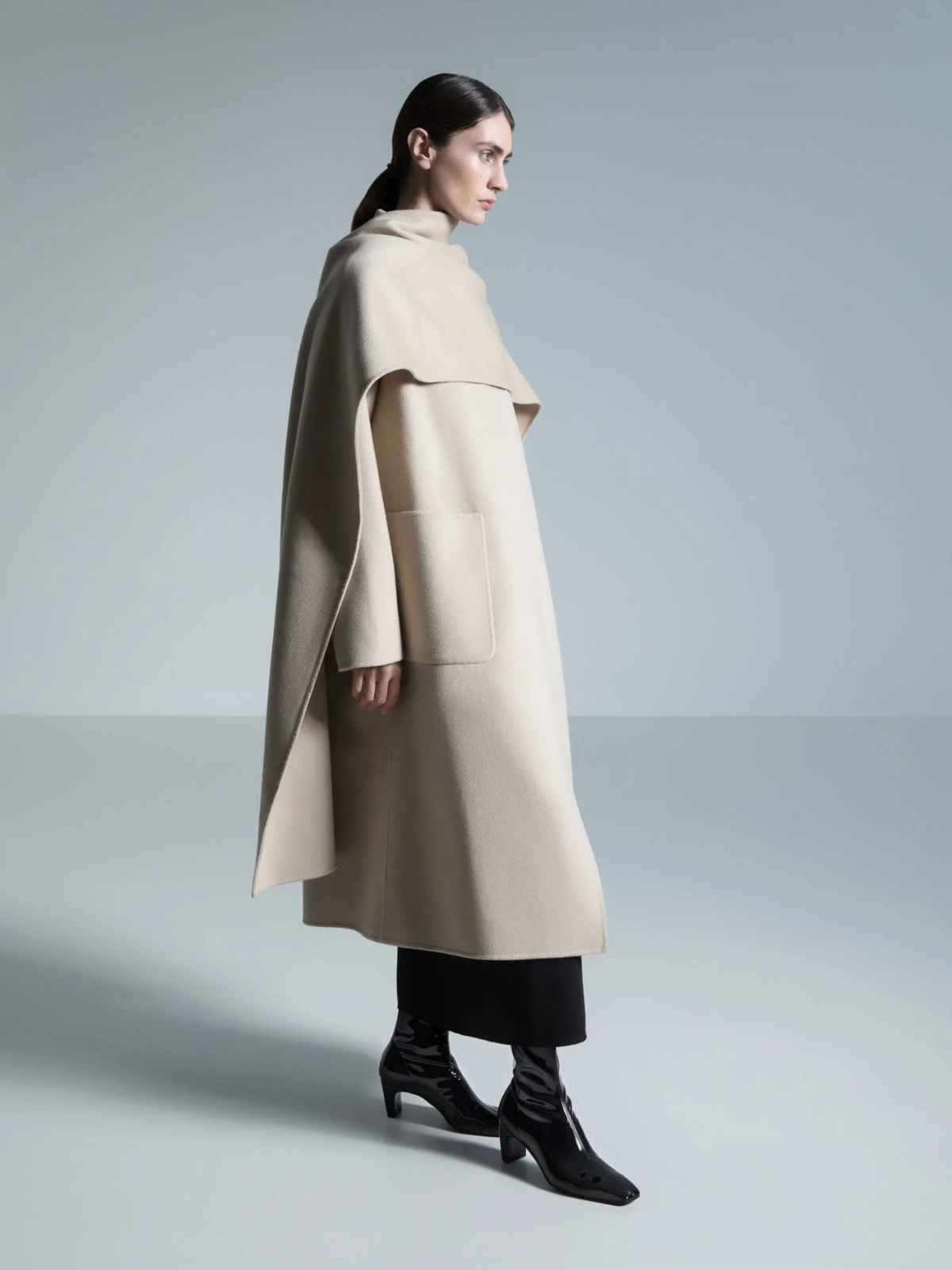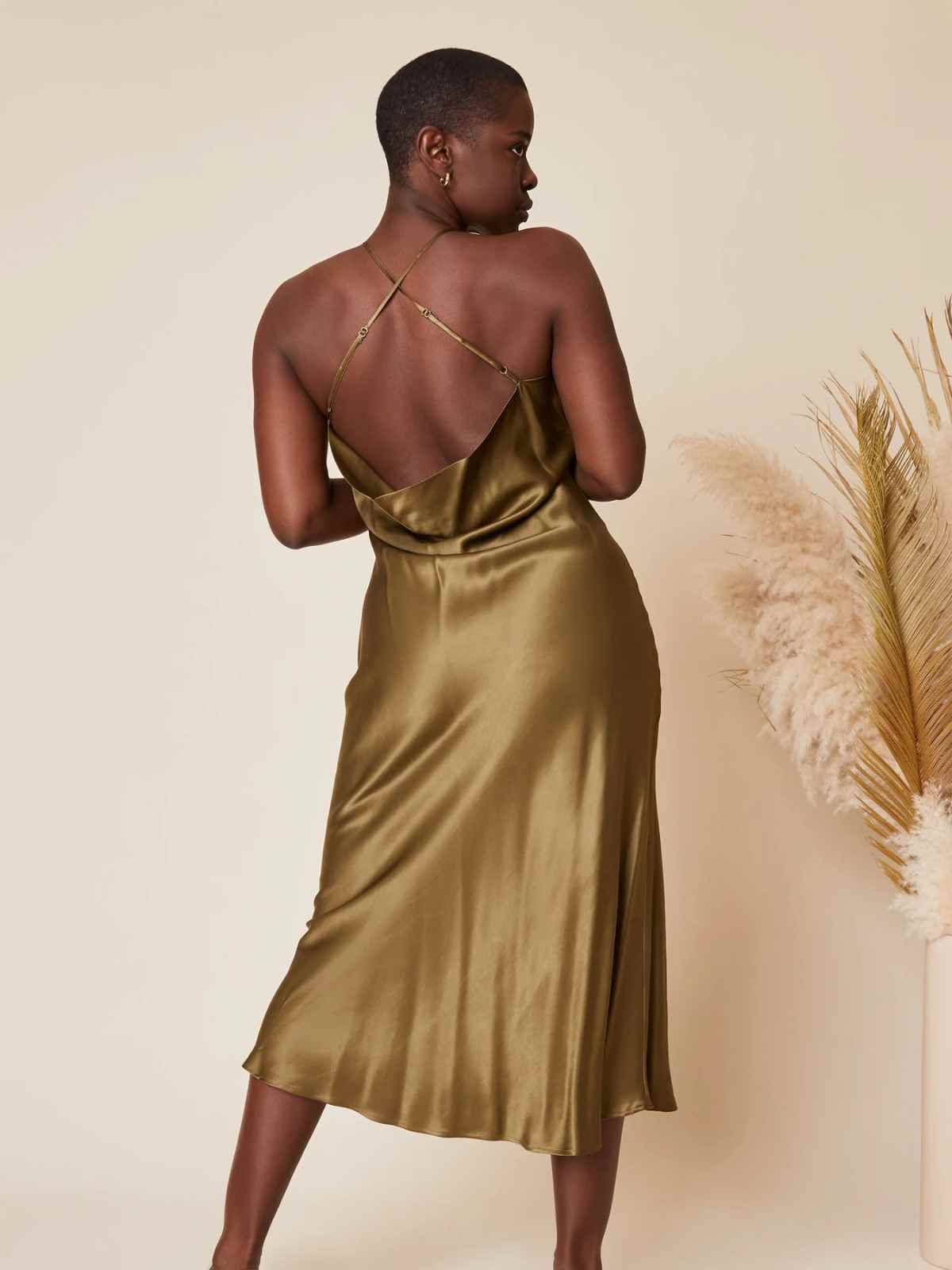Our editors curate highly rated brands that are first assessed by our rigorous ratings system. Buying through our links may earn us a commission—supporting the work we do. Learn more.
Louis Vuitton is one of the world’s most recognised luxury fashion brands thanks to its distinctive monogrammed accessories and clothing. Unfortunately, the brand isn’t doing enough when it comes to its impact on people, the planet, and animals. So, how ethical is Louis Vuitton exactly? Let’s take a look. This article is based on the Louis Vuitton rating published in June 2023 and may not reflect claims the brand has made since then. Our ratings analysts are constantly rerating the thousands of brands you can check on our directory.
Is Louis Vuitton addressing its impact on people, the planet, and animals?
Since its inception in 1854, Louis Vuitton has been synonymous with luxury, crafting iconic handbags and accessories that have become status symbols worldwide. Founded in Paris by the visionary trunk-maker Louis Vuitton, the brand’s signature monogram and commitment to craftsmanship have defined fashion for over a century.
The appointment in 2018 of the late Virgil Abloh as Louis Vuitton’s artistic director of menswear shook up the 164-year-old French fashion house, as well as the whole fashion industry. The late American designer, DJ, and stylist was originally known for being Kanye West’s creative director, before making waves with his own luxury streetwear label, Off-White—worn by the likes of Jay-Z, ASAP Rocky, Beyonce, and Rihanna. The designer’s appointment was seen as democratising luxury fashion, bringing youth culture to an elite brand, and paving the way for more exciting designers to join the house, like Pharell Williams in 2023.
But how is Louis Vuitton doing when it comes to its impact on people, the planet, and animals? Are the brand’s sustainable practices as modern as its artistic vision? In short, how ethical is Louis Vuitton?
Environmental impact
Luxury label Louis Vuitton rates “It’s A Start” for the planet, an improvement from its past “Not Good Enough” rating. While it’s set a science based target to reduce greenhouse gas emissions in both its direct operations and supply chain, there’s no evidence it is on track to meet said target. The brand uses some lower-impact materials and recycles some of its offcuts to minimise textile waste. Louis Vuitton has also eliminated some hazardous chemicals but has not made a commitment to eliminate all hazardous chemicals in manufacturing. Finally, like numerous other luxury fashion houses, Louis Vuitton also regularly burns unsold stock, contributing even further to the damaging fashion industry that values exclusivity over sustainability at every turn.
Labour conditions
Unfortunately, the brand has not improved on the labour front and still scores “Not Good Enough” for its treatment of workers across the supply chain. It received a score of 21-30% in this year’s Fashion Transparency Index. Sadly, none of its supply chain is certified by crucial labour standards that help ensure worker health and safety and other rights. There is no evidence Louis Vuitton ensures payment of a living wage in any part of its supply chain or that it implements practices to support diversity and inclusion. The brand has also taken insufficient steps to remediate its links to cotton sourced from Xinjiang, a region in China at risk of Uyghur forced labour. People are the backbone of the fashion industry and Louis Vuitton needs to do much better and provide safe and fair working conditions for all.
Animal welfare
Louis Vuitton is also still rated “Very Poor” for animals and the brand is amongst the luxury brands that score the worst for animals. It has a basic formal policy to protect animal welfare. It uses fur, leather, wool, down, exotic animal hair, and exotic animal skin. It does not use angora. It traces some animal products to the first stage of production. And while in 2020, Louis Vuitton explained that 100% of the animals used for the company’s products are “humanely farmed”, explaining that the exotic skins industry could never be considered humane, PETA quickly shut down these claims. Such a blatant disregard for the wellbeing of the sentient creatures we share the planet with is outdated, and with so many vegan fabric innovations out there, using them in such a way simply isn’t necessary any more.
Overall rating: ‘Not Good Enough’
Louis Vuitton has been rated “Not Good Enough” overall based on information from the research done by our team at Good On You. Louis Vuitton needs to become much more transparent, and do far more to reduce its impact on people, the planet, and animals in order to meet the expectations of a new generation of fashion lovers.
Note that Good On You ratings consider hundreds of issues, and it is not possible to list every relevant issue in a summary of the brand’s performance. For more information, see our How We Rate page and our FAQs.
Good swaps
“Good” and “Great” alternatives to Louis Vuitton
